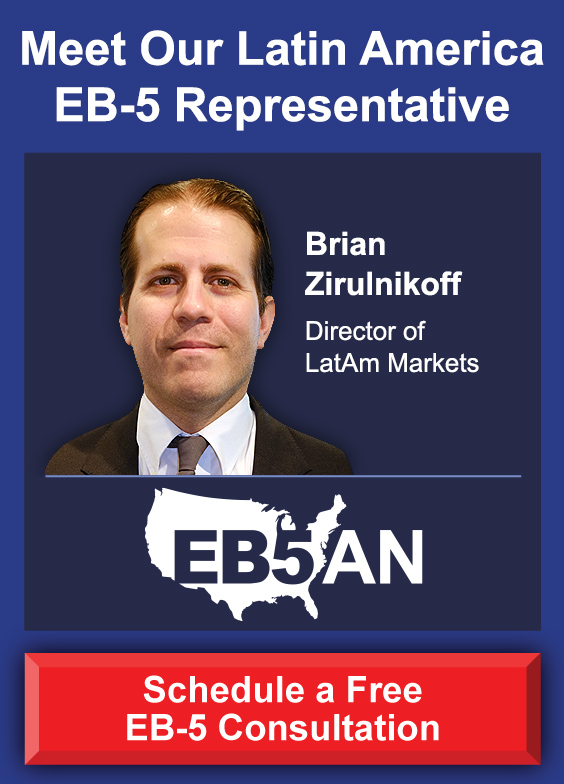EB-5 investors are required to document the lawful source of any investment funds used to form a new commercial enterprise. Therefore, United States Citizenship and Immigration Services (USCIS) requires that investors submit documents tracing the paths of these funds and proving that they have been sourced legally. Aside from the investment amount of $1,800,000, or $900,000 if the NCE is located in a targeted employment area, an investor may need to pay certain administrative costs associated with the investment. Thus, the investor is also required to document the legal sources of those funds when preparing the supporting materials for his or her I-526 petition for conditional permanent residence under the EB-5 program.
An investor can use gifted funds for the EB-5 investment amount and any administrative costs if he or she can provide USCIS with sufficient documentation to prove the legal source of those funds. An investor using gifted funds to make up the investment amount will be required to submit the following evidence with the I-526 petition:
- The investor must provide a capital source statement detailing that the investment funds were gifted to him or her. The person who gifted the funds and the method by which those funds were acquired by that person must also be identified in detail. In this same vein, the investor must also provide bank statements proving receipt of the gifted funds.
- The person who has gifted the funds must likewise provide the investor with a capital source statement to be submitted with the petition materials. This statement must detail how the gifted amount was obtained and should agree with the investor’s capital source statement in this regard.
- The person who has gifted the funds should also provide the investor with a gift letter stating the gifted amount and clarifying that the EB-5 investor is not obligated to reimburse that amount. The investor must include this letter with the petition materials.
- The investor must submit his or her own personal income tax returns and other similar documents filed in the previous five years as well as those same documents filed by the person who gifted the investment funds for the same time frame. An investor unable to submit income tax returns may be able to instead submit a declaration from a tax professional in his or her country of origin detailing the required information and explaining why official records are unavailable.
An investor may need to provide additional documents depending on how the gifted funds were obtained. For example, funds obtained through the sale of stock or real estate would require the provision of property sale records or purchase and sale records in addition to the documents detailed above.
Financial advisors and attorneys familiar with the EB-5 program will be able to guide investors and regional centers through the complex documentation necessary to prove the lawful source of investment funds for a successful I-526 petition. To ensure they are in compliance with U.S. laws as well as laws in their own countries of origin, investors should ensure they work with such professionals when preparing documentation on gifted investment funds.










